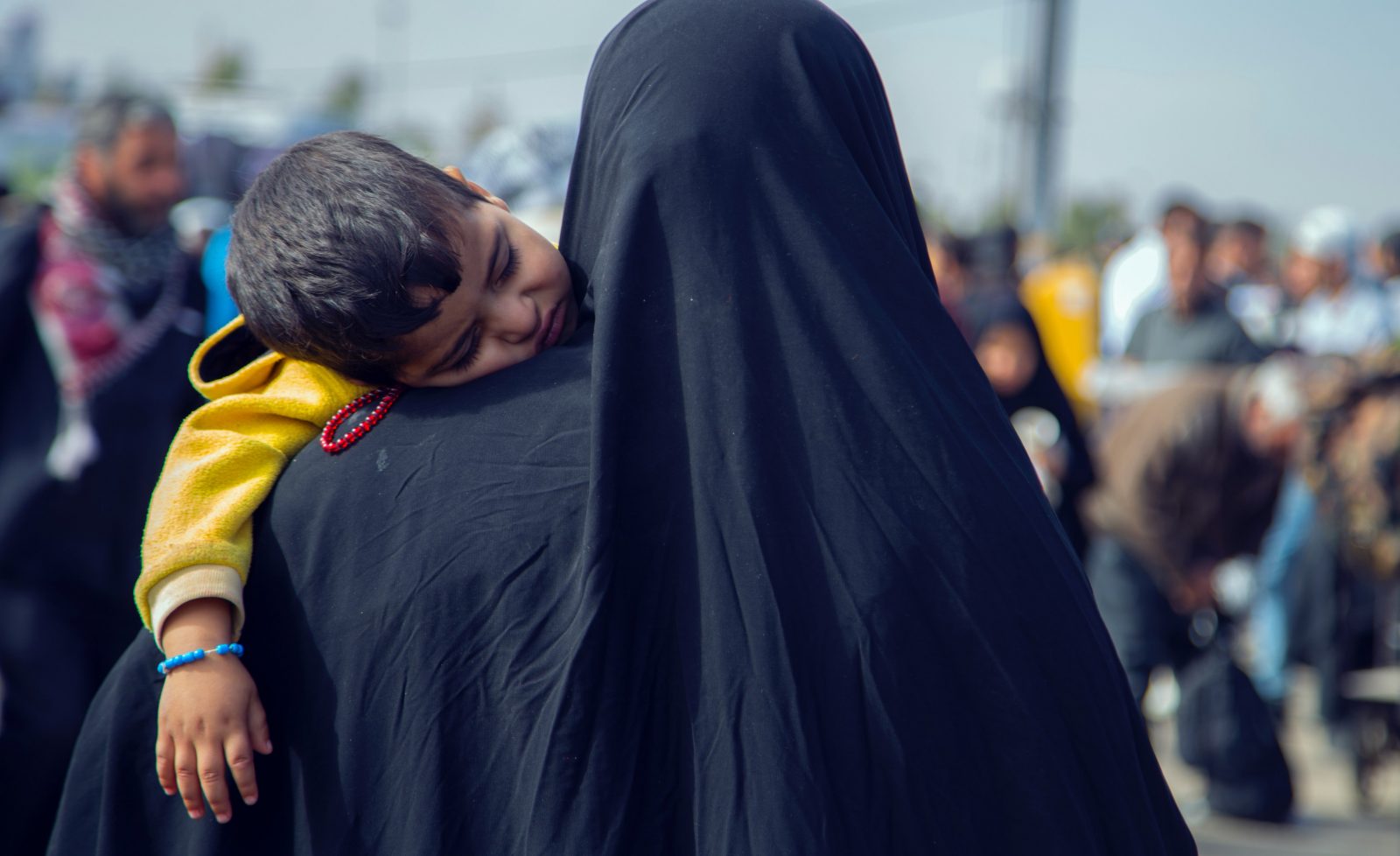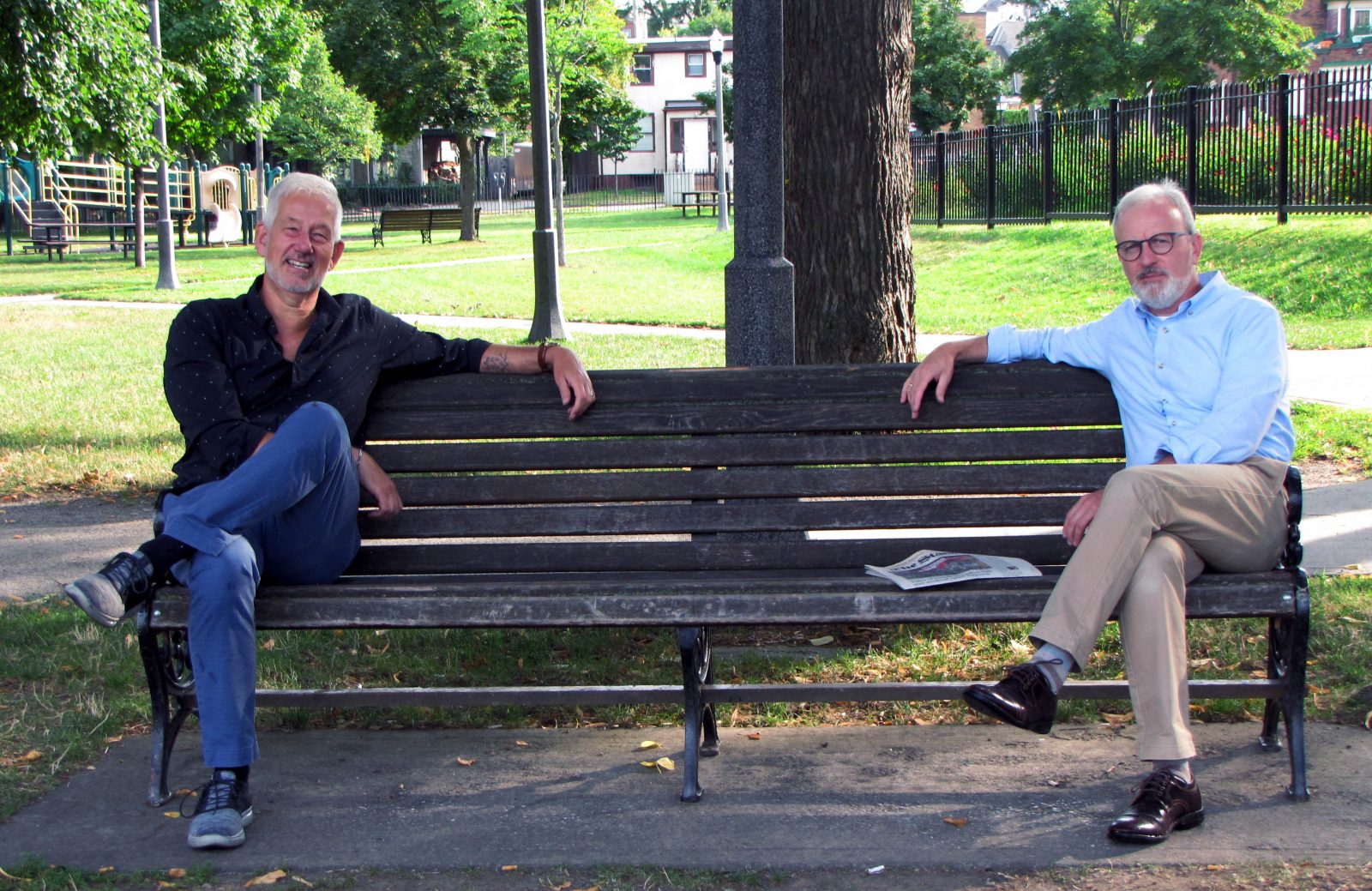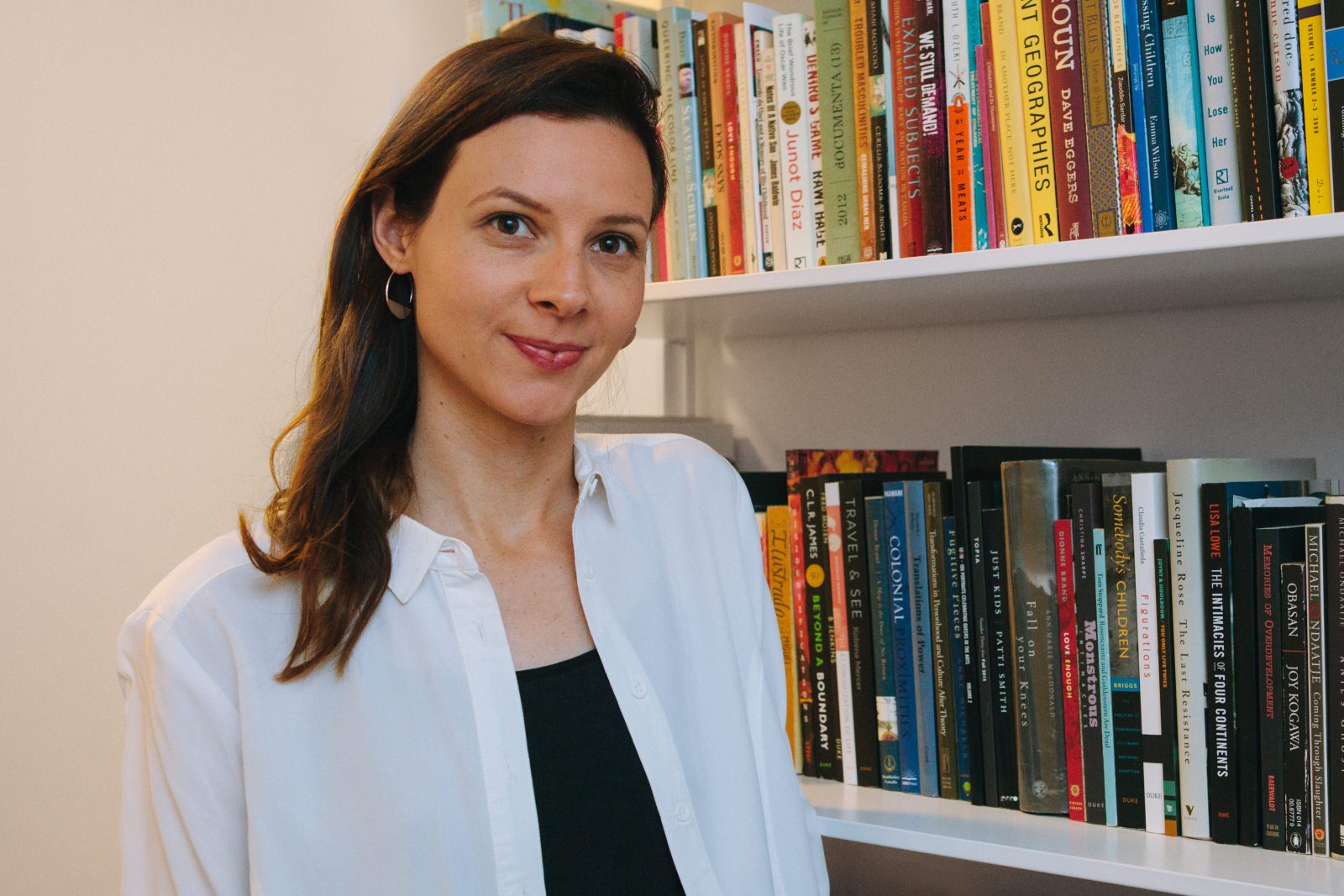A new paper titled, “‘The road changes everything’: Shifting gendered mobilities, spaces and subjectivities in Shimshal, Pakistan” by Dr. David Butz and Dr. Nancy Cook (Department of Sociology) was recently published in Gender, Place and Culture.
Abstract:
Shimshal is the most recent village in the Gojal region of northern Pakistan to gain road access to the Karakoram Highway. This paper analyzes relational reconfigurations of gendered mobilities, spaces and subjectivities in the community that are contoured by the ensuing shift in local mobility system, in which vehicular mobility replaces walking as the means to access the highway. Drawing on longitudinal ethnographic data, we describe pedestrian-era gendered movement patterns and spaces, and the ways in which modernizing road infrastructure has reorganized mobilities and regendered village spaces. We then analyze changes in gender performances and self-representations that are commensurate to the modernized spaces in which they are enacted. We conclude by assessing the uneven and unanticipated consequences of these mobility-inflected processes for gendered futures in the community.
Reference:
Cook, N. & Butz, D. (2021) ‘The road changes everything’: Shifting gendered mobilities, spaces and subjectivities in Shimshal, Pakistan. Gender, Place & Culture, 28(10), 800-822. DOI: 10.1080/0966369X.2020.1811643. Read the full paper here.











